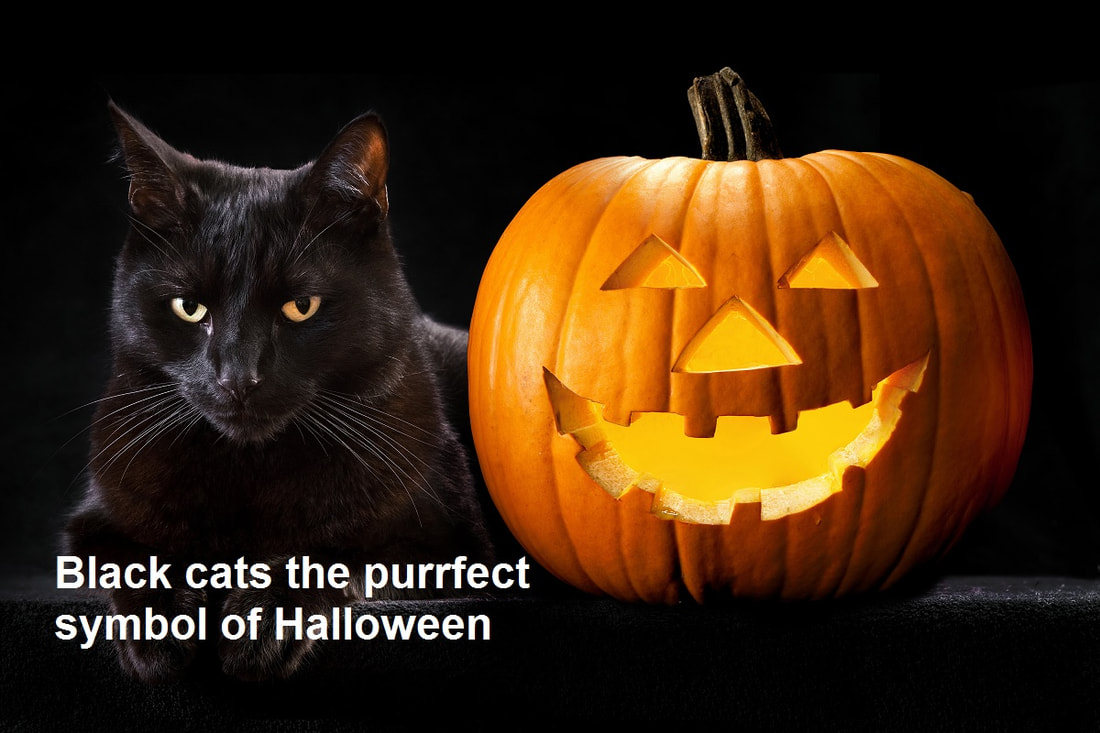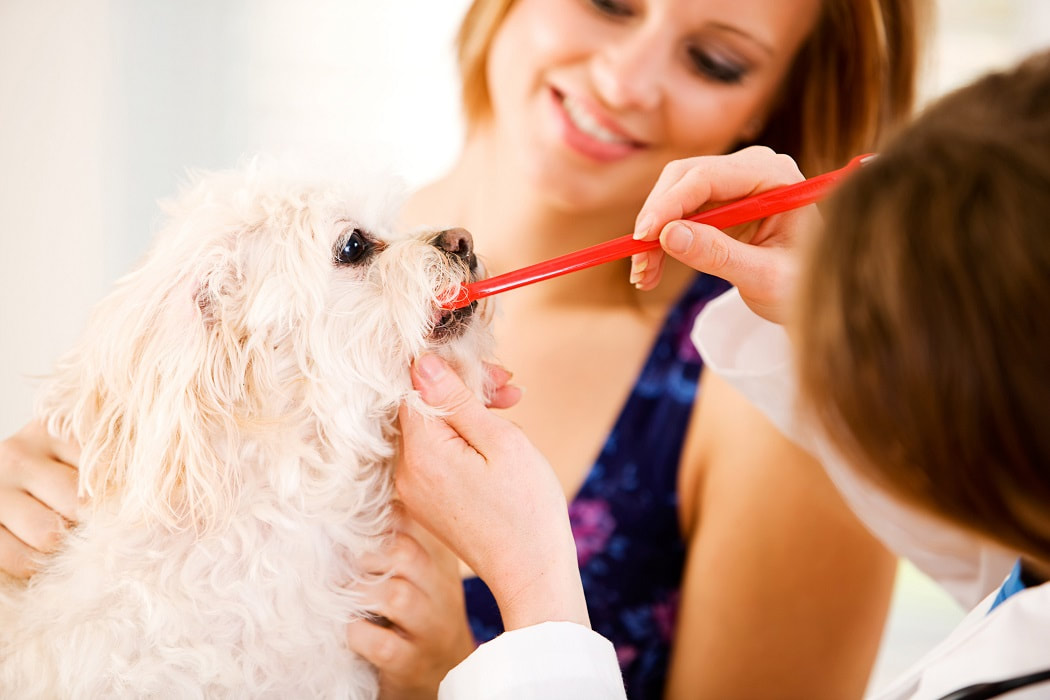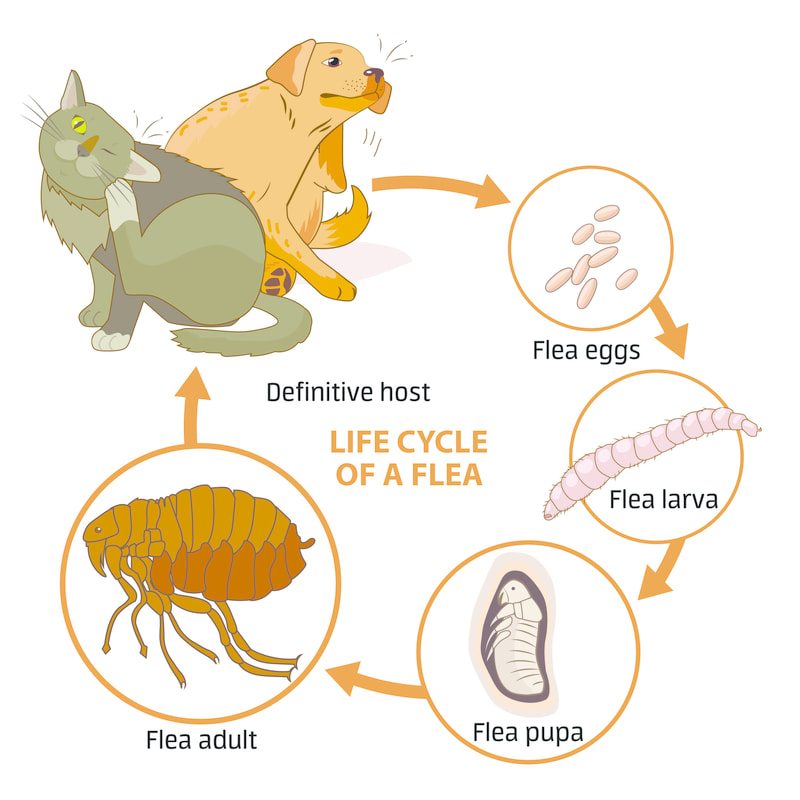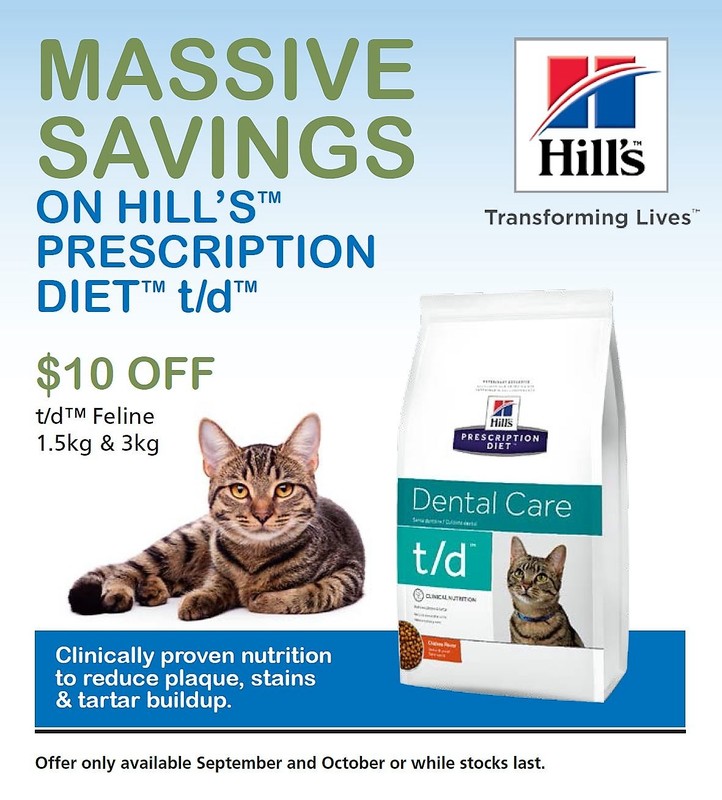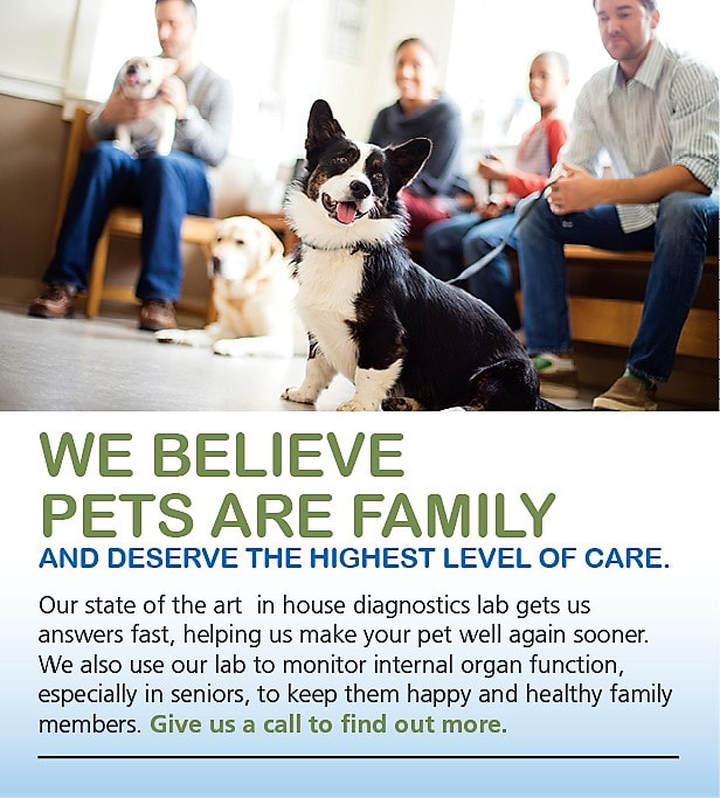Beautiful Spring is here !
Hello!
We hope it brings a smile to your day with our article on dental care. If you and your pet have visited us before, you’ll know that we are very passionate about making smelly breath a thing of the past! We want our pets to keep their pearly whites with them to a ripe old age - that means looking after their dental health daily.
Have you made it a habit to check your pet’s teeth and mouth regularly? We are here to help if you’re unsure how to “flip the lip”. Our happy team of qualified nurses offer FREE dental checks for your pets and are able to create a plan for dental care at home. All you need to do is ring us and make an appointment for your furry friend.
We also have some sensational Spring Specials - don’t miss out - come and see us today! Why not also forward this email to your friends to share the love this Spring?
We are honoured to help you care for your pets so that you can enjoy a long, happy, healthy life together. Thank you for choosing us.
From your caring team at
Karrinyup Small Animal Hospital xxx
We hope it brings a smile to your day with our article on dental care. If you and your pet have visited us before, you’ll know that we are very passionate about making smelly breath a thing of the past! We want our pets to keep their pearly whites with them to a ripe old age - that means looking after their dental health daily.
Have you made it a habit to check your pet’s teeth and mouth regularly? We are here to help if you’re unsure how to “flip the lip”. Our happy team of qualified nurses offer FREE dental checks for your pets and are able to create a plan for dental care at home. All you need to do is ring us and make an appointment for your furry friend.
We also have some sensational Spring Specials - don’t miss out - come and see us today! Why not also forward this email to your friends to share the love this Spring?
We are honoured to help you care for your pets so that you can enjoy a long, happy, healthy life together. Thank you for choosing us.
From your caring team at
Karrinyup Small Animal Hospital xxx
Halloween on October 31st is thought to have originated over 2,000 years ago as an ancient Celtic festival to mark the start of winter and honour those who have passed away. Historically cats have been linked to witches, have been worshipped as sacred in ancient Egypt and black cats in particular are often considered lucky in many cultures.
Their 9 lives isn’t actually true although as vets we know a few who have had many lucky escapes over the years thanks to modern veterinary medicine! The legend of cats having 9 lives might be due to the thought that they always land on their feet or an old proverb that states: A cat has nine lives. For three
he plays, for three he strays and for the last three he stays.
These days Halloween is a great excuse to dress up, go ‘trick or treating’ with friends or maybe get creative and dress your pets in fancy dress too.
Their 9 lives isn’t actually true although as vets we know a few who have had many lucky escapes over the years thanks to modern veterinary medicine! The legend of cats having 9 lives might be due to the thought that they always land on their feet or an old proverb that states: A cat has nine lives. For three
he plays, for three he strays and for the last three he stays.
These days Halloween is a great excuse to dress up, go ‘trick or treating’ with friends or maybe get creative and dress your pets in fancy dress too.
|
Keep Halloween safe for pets too:
|
Doggy breath?
Keep your cat safe from Feline Leukemia!
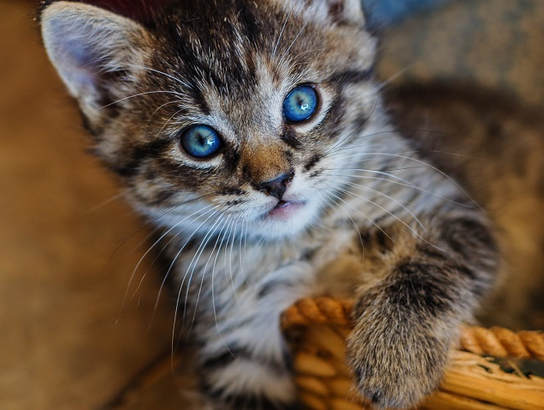
Feline Leukaemia Virus (FeLV) is a virus passed from cat to cat via saliva. This usually occurs during grooming or by sharing food bowls. Occasionally mothers can pass the infection to their kittens, young cats are particularly susceptible. Many cats can overcome the infection, however if they become persistently infected FeLV may cause cancers, immunosuppression and reproductive problems, amongst other conditions.
What are the signs of infection?
The signs of FeLV infection are not directly due to the virus itself, but rather the way it affects the infected cells. Cancers of the bone marrow and immune system are often one of the first signs, as well as immunosuppression (increasing susceptibility to infections), or red blood cell depletion leading to anaemia. Sometimes the signs of infection are non-specific, such as weight loss, lethargy and inappetence. If there are abortions or stillbirths within a breeding cattery, FeLV infection may be the cause.
How is Feline Leukaemia Virus diagnosed?
Feline Leukaemia is usually first detected by a blood test. A repeat test in 3 months is required to check if the virus has been eliminated from the body through natural resistance.
Unfortunately there is no treatment that will eliminate the virus once a cat becomes persistently infected, so it is important to be proactive. We recommend that FeLV positive cats be kept indoors to protect them against communicable diseases (ie. cat flu) and to also prevent the Feline Leukaemia virus from spreading. Routine worming, flea control and vaccination are also advised.
How to protect your cat
Contact us for advice if you notice your cat is lethargic, has a poor appetite or has lost weight recently. We recommend regular check-ups and an annual vaccination to protect your cat against harmful diseases. Vaccination visits include a full health check with one of our friendly vets. Call us today if you have any questions about how to keep your cat safe.
What are the signs of infection?
The signs of FeLV infection are not directly due to the virus itself, but rather the way it affects the infected cells. Cancers of the bone marrow and immune system are often one of the first signs, as well as immunosuppression (increasing susceptibility to infections), or red blood cell depletion leading to anaemia. Sometimes the signs of infection are non-specific, such as weight loss, lethargy and inappetence. If there are abortions or stillbirths within a breeding cattery, FeLV infection may be the cause.
How is Feline Leukaemia Virus diagnosed?
Feline Leukaemia is usually first detected by a blood test. A repeat test in 3 months is required to check if the virus has been eliminated from the body through natural resistance.
Unfortunately there is no treatment that will eliminate the virus once a cat becomes persistently infected, so it is important to be proactive. We recommend that FeLV positive cats be kept indoors to protect them against communicable diseases (ie. cat flu) and to also prevent the Feline Leukaemia virus from spreading. Routine worming, flea control and vaccination are also advised.
How to protect your cat
Contact us for advice if you notice your cat is lethargic, has a poor appetite or has lost weight recently. We recommend regular check-ups and an annual vaccination to protect your cat against harmful diseases. Vaccination visits include a full health check with one of our friendly vets. Call us today if you have any questions about how to keep your cat safe.
Amazing facts about skin!
|
Keep your pets skin healthy by only using skin products that we recommend and getting in touch if:
|
So what is the best flea control?
|
There are so many products to choose from that it can be tricky to know where to start! We can help you and you pet fight these pesky parasites safely.
People often Google for help with fleas especially at this time of year but not all the information on the internet is helpful or safe for pets. Garlic is toxic to pets and yet this frequently gets mentioned as a ‘natural’ flea fighter. Our vets and nurses are constantly learning about new products to provide you and your pet with the very best of care. Some products available will work on multiple parasites e.g. heartworm, intestinal worms, ticks and fleas and some that are safe for dogs can kill cats. Some products you apply to the pet’s skin as ‘spot ons’ while others they eat like a treat. We know protecting your pet from parasites can be a daunting task the best option is to come and see us for the best advice and products for your individual situation. This is especially important before you travel with your pet as some areas pose significant risks to pets e.g. paralysis ticks. |
Fleas have a lifecycle that is split into 2:
By following these 3 simple steps you and your pet will soon enjoy being flea free.
1. Treat every pet in your household all year round. Even if they aren’t scratching, pets can still have fleas. Never share products between dogs and cats. 2. Vacuum frequently especially in areas your pet likes to frequent. 3. Regularly washing pet bedding in 60° hot water for 10 minutes will kill any flea eggs and larvae. |


